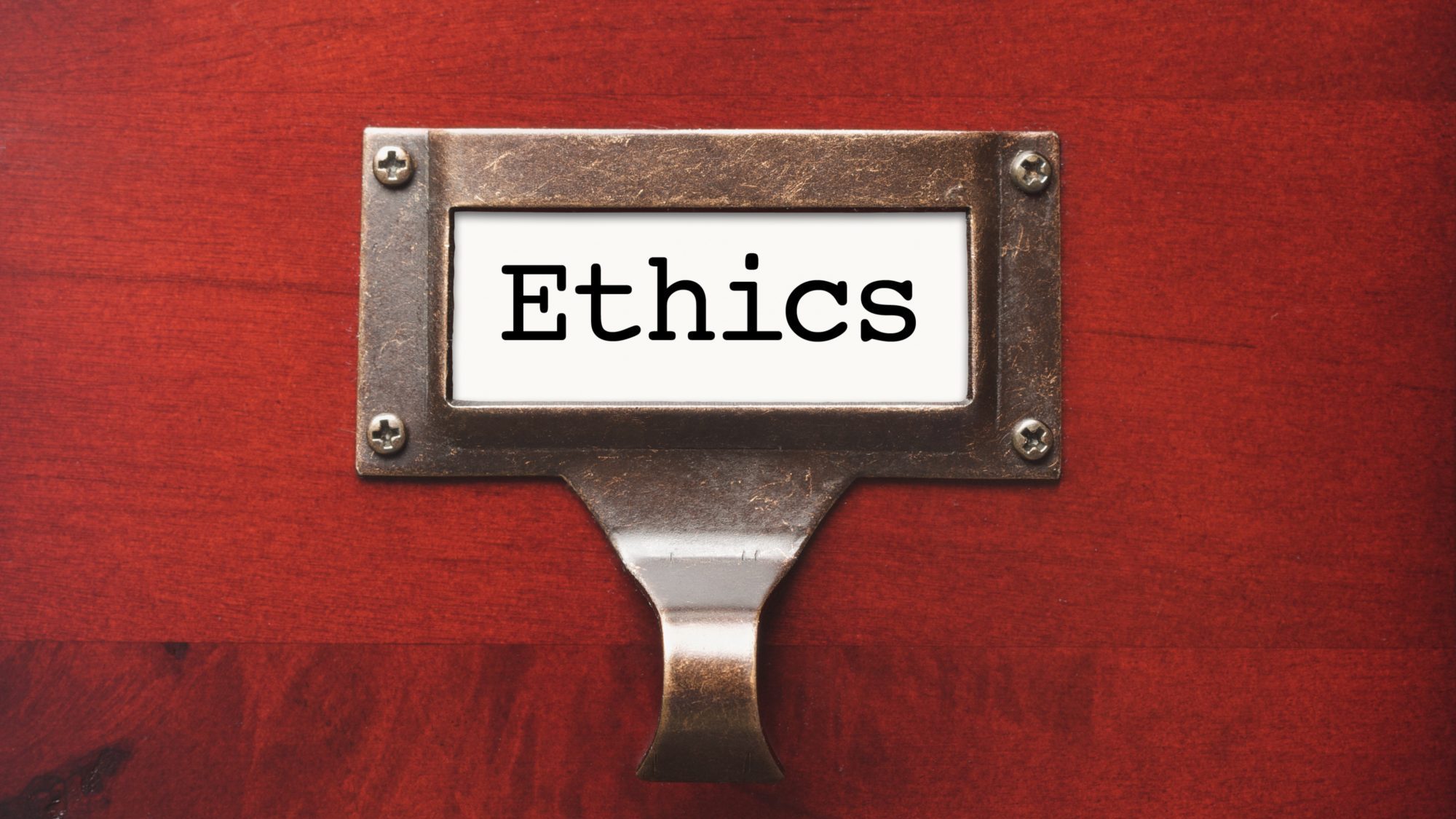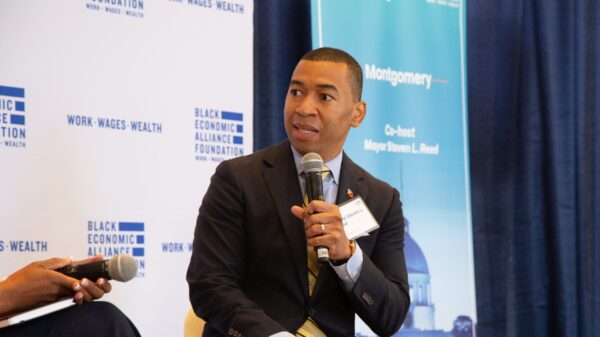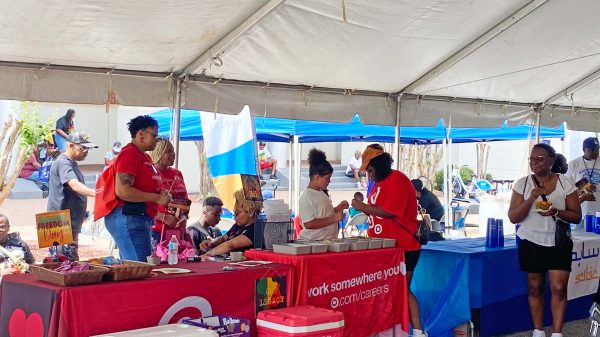The Alabama Code of Ethics Clarification and Reform Commission met in Montgomery for a public hearing on proposed “reforms” to the Alabama Ethics Law Tuesday.
Many people in the economic development community were present to express their support for efforts to reform the state ethics law. They supported pending legislation to protect economic developers and site selectors from an interpretation of the 2010 Alabama Ethics Law that could potentially require them to register as lobbyists and act under the transparency regulations that professional lobbyists are held to.
Alabama Commerce Secretary Greg Canfield read a lengthy prepared statement about the original intent of the legislature, the history of the economic developer/lobbyist debate, and why he felt that it was important for the Commission to recommend legislation that would protect professional economic developers from the possibility that the Alabama Ethics Commission or a court compel economic developers from registering as lobbyists.
In 2018, the Alabama Legislature passed House Bill 317, which protected the economic developers for one year. During that time, the Alabama Code of Ethics Clarification and Reform Commission was created and tasked with studying the issue and then making a recommendation to the legislature on a more permanent fix. Thursday, was the public’s opportunity to make their feeling known to the Commission.
“HB 317 created a safe harbor for ‘Economic Development Professionals’ to provide that they are not lobbying when seeking economic development incentives subject to certain exceptions,” Canfield said. “HB 317 was crafted as a bridge to a more permanent solution.”
Canfield said, “Much of the focus has been limited to the role of site consultants and while that group of professional economic developers was primary to the language drafted in HB317, there are others who play a vital role in support of job creating economic development whose activities should be articulated so as not to be defined as lobbying. These are 1) Chamber of Commerce staff and volunteers, 2) professional service providers (e.g. engineers, accountants, attorneys), 3) individual businesses supporting economic development (e.g. employees of banks, utilities, etc.), 4) employees of prospects, 5) employees of governments supporting economic development, 6) industrial development board employees/board members.”
“The economic development community in Alabama recognizes the vital role our ethics laws play in protecting the public trust in state and local government,” Canfield told the Commission. “We support and do not propose to change Alabama’s ethics law’s focus on preventing activities which might be taken by parties to corruptly influence elected officials, public officials or public employees.”
Canfield stated however that, “It can be argued that well-intentioned law created to establish public boundaries can often result in unintended consequences.”
The Executive Director of the five-hundred-member Economic Development Association of Alabama (EDAA) is Jim Searcy.
“The 2018 EDP Safe Harbor (HB 317) includes a ‘sunset’ provision that is expires on April 1. It is our hope that the provision will be removed soon,” Searcy told the commission. “EDAA greatly appreciates the Legislature’s enactment of the EDP safe harbor and urges that it be renewed as soon as possible.”
Phillip Dunlap is the Economic Development Director for the City of Auburn.
Director Dunlap said that it is not lobbying when I go to my council and ask them to provide a tax abatement for a prospect. “If I have to register as a lobbyist to do that and had to disclose (publicly) what I am working for I would be rendered useless and an economic developer,” Dunlap.
Searcy said that confidentiality is vitally important in the work of economic development. When Toyota-Mazda came in, nobody knew who that was for the first four months of the process.
Ellen McNair is the Senior Vice President of the Montgomery Chamber of Commerce
“We are charged with the creation and preservation of jobs in Montgomery,” McNair said. “We do not believe that the Chamber staff and the volunteers should be considered as lobbyists. We greatly support HB317 the economic development safe harbor act. It is vitally important that this be renewed by the legislature. We hope that the legislature will remove any question that Chamber Staff, volunteers and other professionals be considered as lobbyists.
Searcy expressed the concern that allowing HB 317 to sunset could put Alabama at a competitive disadvantage economically.
Searcy asked the dozens of people in attendance to raise their hands if they are involved in economic development. Almost everyone (outside of LSA staff, the Commission itself, and reporters) raised their hands.
Some noted members of the Alabama media have expressed the view that creating a carve out from the 2010 ethics law for economic developers could potentially weaken Alabama’s ethics laws; however no one at the public hearing spoke in opposition to the safe harbor for economic developers act or expressed any fears that ethics laws might be weakened in any way by HB 317 or the Commission’s work.
Commission member Tom Albritton said that this is the last planned meeting of the commission.
“While the process has been very difficult, we have made progress,” Albritton said. “Our goal was to deliver something to the legislature. The draft is now with Legislative Services.”
Albritton said that the legislators needed to see the bill before the session begins in March.
“We would be doing them a great disservice, and all of you a disservice, if we did not have that by February, which is tomorrow. I expect it will be out in two weeks.”
To read all of Secretary Canfield’s statement.




















































